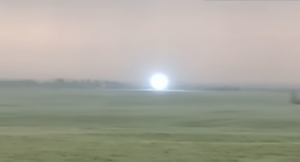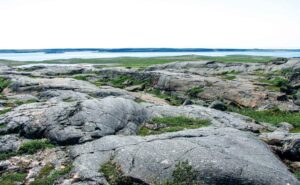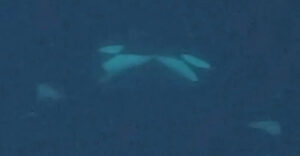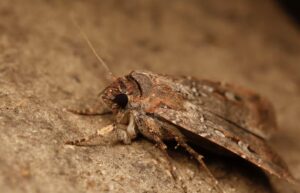Not too many years ago, scientists thought that only humans used tools. But it turns out that many animals, including chimpanzees, elephants, dolphins, and Galapagos finches, do the same thing. The latest animal that seems to use tools is the polar bear.
One of the leading experts on Ursus maritimus, veteran Canadian researcher Ian Stirling, has assembled numerous reports from Inuit hunters over the last two centuries. These state that polar bears occasionally kill walrus by hitting them on the head with large blocks of ice or rocks. One describes a polar bear striking a walrus on the head with a chunk of ice in its paw.

An Inuit guide of arctic explorer Charles Francis Hall told him that polar bears occasionally drop rocks onto the heads of walrus.
Dangerous prey
Normally, walrus are formidable prey even for a polar bear. They have often fatally wounded predatory polar bears with their tusks. Walruses can weigh 1,300kg, which usually deters even polar bears.


A captive polar bear using tools to get food. In Image D, the bear throws a small ring using both forepaws at the same time. Photo: Tennoji Zoological Gardens
Stirling compared this usually reliable evidence from Inuit hunters with the behavior of bears in a zoo. Captive polar bears and brown bears use various tools to access their food. For example, a polar bear named Gogo who lived in a Japanese zoo in the 1990s often accessed his food (hung above him) with long sticks, pipes, and logs. He even hauled objects from other parts of the enclosure, then used them to knock the food within reach. Brown bears have shown similar behavior.
In the wild, researchers have captured footage of polar bears throwing blocks of ice at seals. One used a piece of ice to knock a walrus calf unconscious before killing it. Stirling and his team have suggested that polar bears use tools to attack walruses in particular, because of their size. He points out that this seems to be an independently learned behavior that happens occasionally. Not every bear does this.






